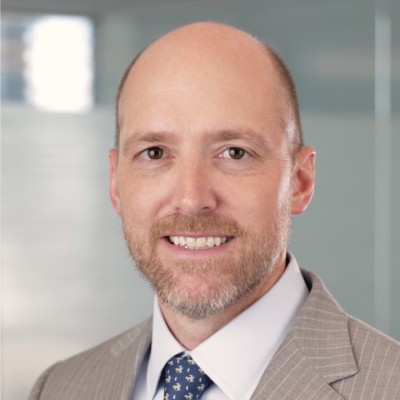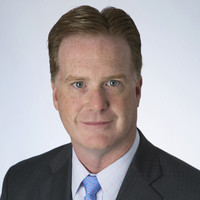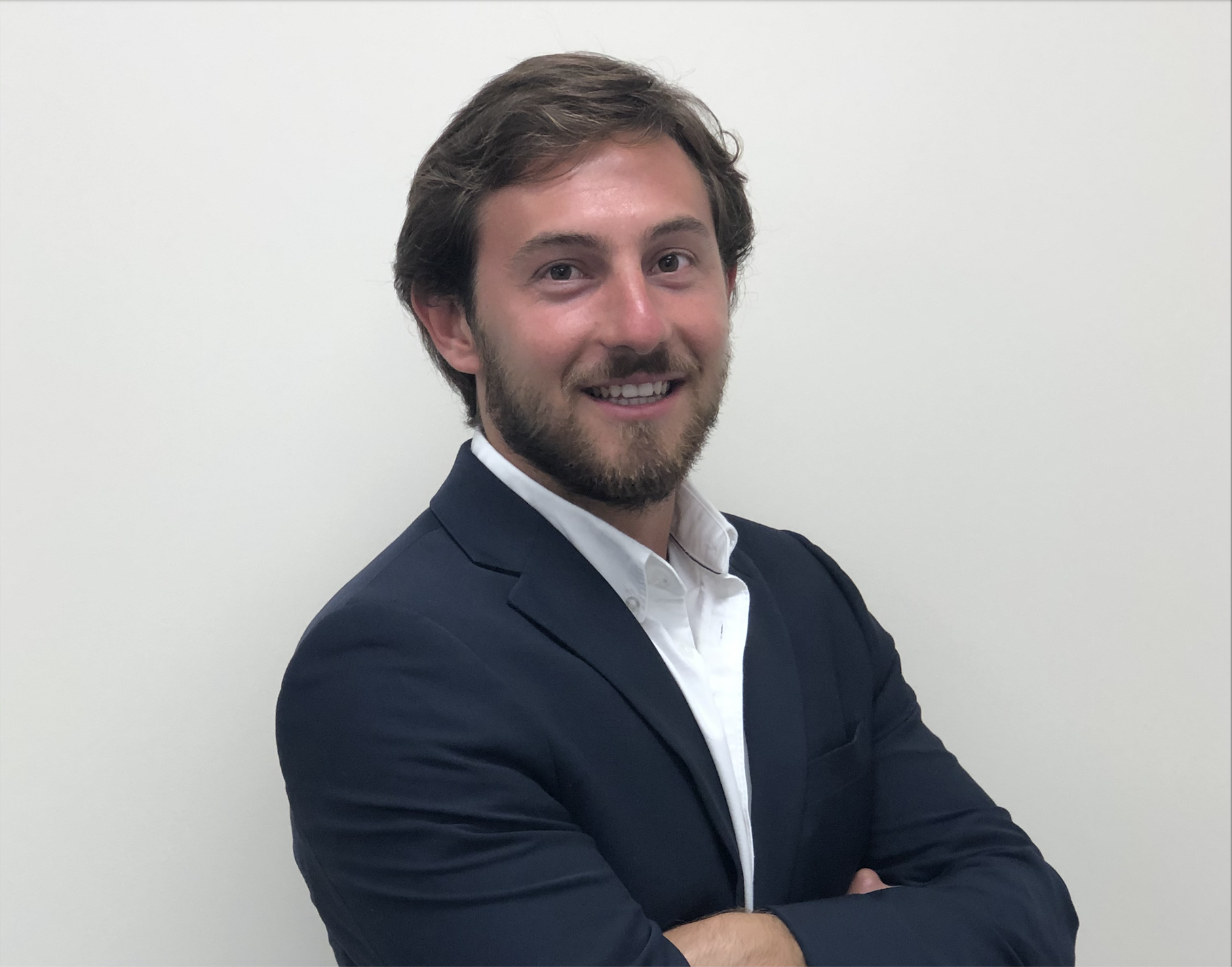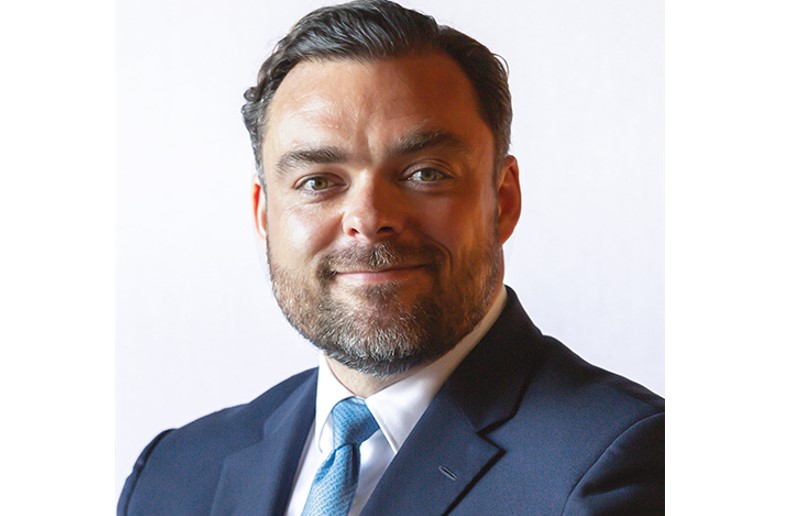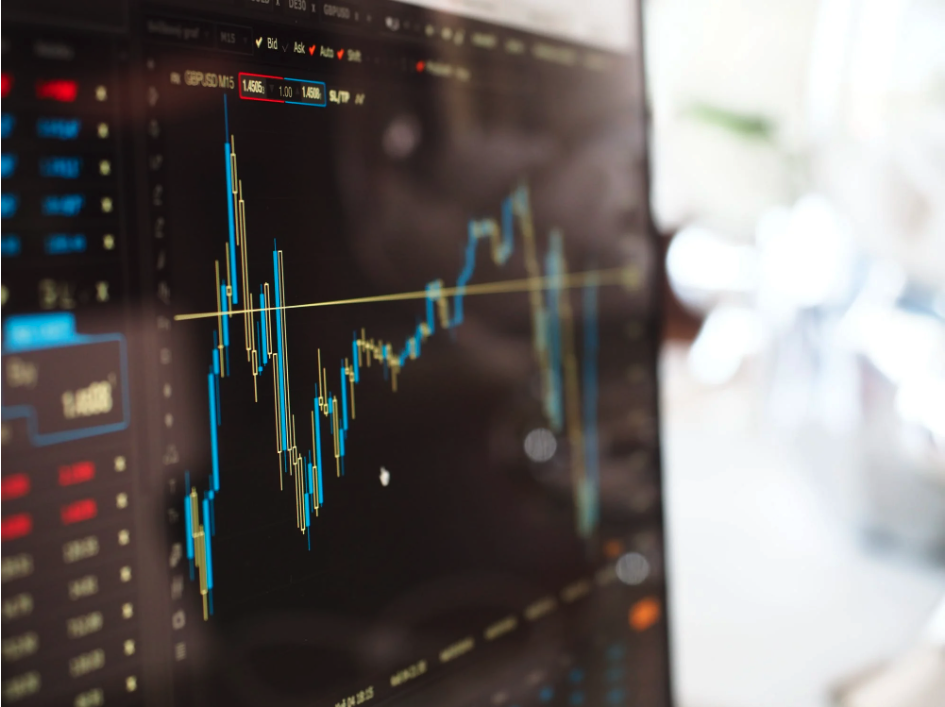Megatrends are the powerful socio-economic, environmental and technological forces that shape our planet. The digitisation of the economy, the rapid expansion of cities and the depletion of the Earth’s natural resources are just some of the structural trends transforming the way countries are governed, companies are run and people live their lives. Pictet Asset Management explains about seven key themes across science, technology and sustainability which are helping shape our future over the coming year – and beyond
1. Focus on food security
The recent supply chain disruptions – and the resulting empty supermarket shelves – have put the spotlight on food security. Advanced agricultural technology and improved logistics are key to successfully feeding an ever-growing global population in a context of climate change.
For a start, there is an onus on producing more food locally, which has multiple benefits of more reliable supply, reduced waste and carbon footprint and improved traceability. It also reduces pressure on shrinking resources, such as freshwater supply and arable land. Indoor, vertical farms are a big growth area, offering the prospect of quality local food to areas where there is little space or challenging climate conditions. Vertical farming company Kalera, for example, is set to launch a new mega farm in Singapore this year, aiming to grow some 500,000 kg of leafy greens per annum as part of the island nation’s plans to provide for 30 per cent of its nutritional needs by 2030 (up from around 10 per cent currently).
Traditional farms are also embracing latest scientific advances, which have given us the power to tailor crops to the environment and to improve nutritional values. The use of blockchain, meanwhile, can help boost crop yields and streamline supply chains – as well as increasing transparency over where our food comes from. French retail giant Carrefour is one of the pioneers here, and aims to widen the use of blockchain to some 300 fresh products this year, tracking and tracing their travel from farms to stores.
There is also increased appetite for direct-to-consumer food services, and indeed almost any new generation food production and logistics model, which can shorten the complex global supply chains and reduce the risk of logistics issues, spoilage and contamination.
There is an onus on producing more food locally, which has multiple benefits of more reliable supply, reduced waste and carbon footprint and improved traceability.
2. Wood, re-imagined
Wood was one of the first materials mastered by mankind – it’s been used in construction for more than 10,000 years. Today, it’s getting a new lease of life thanks to its sustainability credentials. Local government in Paris, for example, has mandated that any buildings lower than eight stories built for the 2024 Olympics must be made entirely from timber. France as a whole, meanwhile, plans to mandate that from this year, all public buildings are made of at least 50 per cent timber or other natural materials. EU’s “Green Deal” and other sustainability-focused Covid recovery initiatives are likely to accelerate the shift; carbon taxes, meanwhile, may make timber more affordable.
Wood already has a lot to recommend it. It is a fire-safe material, which can be used to offer fire resistance of up to two hours. It also chars and burns at a slow and even pace, in contrast to some metals – such as steel – which can melt in a rapid and unpredictable manner once it reaches critical temperature, potentially leading to sudden structural collapses.
Technology, meanwhile, is improving on nature. Whereas building in wood was formerly confined to single family homes or small multi-family buildings, mid-rise and even high-rise buildings can now be almost entirely built from wood, using cross-laminated timber (CLT) – a wood panel material made by gluing together boards cut from a single log. Stable and strong, CLT is used for the pre-fabrication of massive wooden floors, and other structures that can be assembled much faster at the construction site, reducing costs, emissions, and as wood is lighter but has the same strength capabilities as other construction materials, but with a much lower impact on the environment.
The market for CLT is expected to expand to USD 2.3 billion globally by 2025, from USD 670 million in 2016 (1).
And wood’s potential is not limited to construction – it can also be used in packaging, textiles, food ingredients and hygiene products. Finally, besides its use as a material, wood is vital for carbon storage – a characteristic that is becoming increasingly valuable.
3. Battery boom
The world is shifting towards more sustainable sources of energy and power. That, in turn, means that we need more and more batteries for everything from powering electric vehicles to storing renewable electricity.
Electric vehicle penetration is forecast to reach 50 per cent globally (and as high as 79 per cent in Europe) by 2030(2). This many cars would require around 4,000 GWH of lithium batteries – 25 times more than needed today (3).
The large-scale battery storage market, meanwhile, is expected to increase 20-fold by 2030 according to a new analysis by Blomberg New Energy Finance. This is necessary to smooth out electricity production from a growing number of wind and solar plants around the world, whose expansion is in turn fuelled by ambitious climate commitments and supportive government policies in countries including US, China, India, Australia, Germany, UK and Japan.
Batteries are also needed to support a growing market for rooftop solar and storage solutions for residential and commercial properties.
With such strong expected demand, technology is focused on making batteries smaller, lighter and less expensive – as well as exploring the possibility of moving away form lithium to other materials, including magnesium or even oxygen. Such research could get fresh momentum over the coming year due to increased lithium prices.
4. Cyber risks
The pandemic has triggered a deeper review of working practices around the world, with many shifting to working remotely at least some of the time. That presents opportunities in the digital world, not least through increased investment in cloud services and the resulting need for every more data centres. However it also creates its own challenges – not least for cyber security.
As the migration to the cloud computing architecture accelerates, more and more businesses will adopt zero-trust security architectures to control user access to cloud servers. Over the coming year, there will be growth in the use of two-factor authentication and biometrics. VPNs, meanwhile, are likely to be phased out as cyber attacks expose their vulnerability. Industry analysts are also increasingly concerned about the growth of so-called “deepfakes”, which, with the power of machine learning can simulate bosses or work colleagues on video or audio calls.
5. Life in the metaverse
Spatial computing already brings us virtual home assistants and ride-hailing apps. It lets gamers summon ghouls into their living rooms, and shoppers try on clothes in digital changing rooms. Next, imagine working, shopping and socialising as avatars, in a rich, three-dimensional digital world that overlays our own. Welcome to the metaverse – a shared virtual environment where the physical and digital worlds coalesce across virtual and augmented reality (VR and AR), providing a sense of immediacy and immersion.
For years, clunky headsets, poor connectivity and a lack of decent content held back the rise of these technologies. Advances in 5G mobile broadband and smartphones are changing that. At the same time, the pandemic has made the public more open to online interaction. The concept is gaining particularly strong traction among GenZ – the generation born from late 1990s to early 2010s, which now represents a third of the global population.
Big tech companies are taking note. Microsoft has just unveiled plans to acquire Activation Blizzard, the maker of “Call of Duty” games, saying this will “play a key role in the development of metaverse platforms” , while Facebook’s parent company has rebranded as “Meta”. The global metaverse market could grow to around USD800 billion by the mid-2020s, according to Bloomberg research. That will involved hardware (such as VR glasses), software (for shopping, socialising, education and work), cloud capacity and infrastructure (better networks, with increased bandwidth and reduced latency).
6. Diagnosis, please
Diagnostics has also taken centre stage in the wake of the Covid-19 pandemic. Losing your sense of smell and taste were quickly identified as key signposts of the virus. Crucially, though, that insight did not come from doctors, epidemiologists or lab researchers. It came from computers, which collected and crunched data from millions of people via the ZOE app.
And that’s only the tip of the iceberg. The potential of AI in diagnostics goes far beyond pandemics. After looking at thousands of scans, machines have learned to identify breast cancer with accuracy comparable to that of experienced human radiologists. Such techniques could also open up the possibility of diagnosis in places where there are few or no doctors – particularly in remote locations and in developing countries.
This is crucial, as early diagnosis means that treatment can be started sooner, improving the patients’ prospects and reducing the risk of the disease spreading. Governments, faced with ageing populations and tight budgets, are increasingly seeing these benefits and investing accordingly. The UK, for example, has allocated GBP 248 million to the NHS public health service this year to invest in technology for diagnostic tests, checks and scans.
7. PFAS pollution
PFAS – a “magical” manufactured chemical is used in an array of household items and industrial products, from non-stick coated frying pans, microwave popcorn bags and dental floss, to stain- and water-resistant fabric, firefighting foams and wastewater treatment systems. Its popularity is due in part to its durability. But that is also its biggest flaw – and one to which an increasingly environmentally-sensitive world is waking up. PFAS never breaks down.
Governments are starting to crack down on the chemical. The onus will be on clearing up existing pollution (which can be done, for example, with activated carbon) as well as on developing greener alternatives to PFAS. The latter is particularly urgent in the EU, where around 200 PFAS will be banned starting form next year – regulation that manufacturers will have to be ready for. In the food packaging industry, for example, experiments are currently underway with bamboo, palm leaf and clay coatings.
Opinion written by Hans Peter Portner, Head of the Thematic Equities team and a Senior Investment Manager at Pictet Asset Management.
Discover more about Pictet Asset Management’s expertise in thematic investing.
Notes:
(1) Transparency Market Research
(2) UBS Q-Series, “EVs shifting into overdrive” (March 2021)
(3) Bloomberg New Energy Finance
Information, opinions and estimates contained in this document reflect a judgment at the original date of publication and are subject to risks and uncertainties that could cause actual results to differ materially from those presented herein.
Important notes
This material is for distribution to professional investors only. However it is not intended for distribution to any person or entity who is a citizen or resident of any locality, state, country or other jurisdiction where such distribution, publication, or use would be contrary to law or regulation.
The information and data presented in this document are not to be considered as an offer or sollicitation to buy, sell or subscribe to any securities or financial instruments or services.
Information used in the preparation of this document is based upon sources believed to be reliable, but no representation or warranty is given as to the accuracy or completeness of those sources. Any opinion, estimate or forecast may be changed at any time without prior warning. Investors should read the prospectus or offering memorandum before investing in any Pictet managed funds. Tax treatment depends on the individual circumstances of each investor and may be subject to change in the future. Past performance is not a guide to future performance. The value of investments and the income from them can fall as well as rise and is not guaranteed. You may not get back the amount originally invested.
This document has been issued in Switzerland by Pictet Asset Management SA and in the rest of the world by Pictet Asset Management (Europe) SA, and may not be reproduced or distributed, either in part or in full, without their prior authorisation.
For US investors, Shares sold in the United States or to US Persons will only be sold in private placements to accredited investors pursuant to exemptions from SEC registration under the Section 4(2) and Regulation D private placement exemptions under the 1933 Act and qualified clients as defined under the 1940 Act. The Shares of the Pictet funds have not been registered under the 1933 Act and may not, except in transactions which do not violate United States securities laws, be directly or indirectly offered or sold in the United States or to any US Person. The Management Fund Companies of the Pictet Group will not be registered under the 1940 Act.
Pictet Asset Management (USA) Corp (“Pictet AM USA Corp”) is responsible for effecting solicitation in the United States to promote the portfolio management services of Pictet Asset Management Limited (“Pictet AM Ltd”), Pictet Asset Management (Singapore) Pte Ltd (“PAM S”) and Pictet Asset Management SA (“Pictet AM SA”). Pictet AM (USA) Corp is registered as an SEC Investment Adviser and its activities are conducted in full compliance with SEC rules applicable to the marketing of affiliate entities as prescribed in the Adviser Act of 1940 ref.17CFR275.206(4)-3.
Pictet Asset Management Inc. (Pictet AM Inc) is responsible for effecting solicitation in Canada to promote the portfolio management services of Pictet Asset Management Limited (Pictet AM Ltd) and Pictet Asset Management SA (Pictet AM SA).
In Canada Pictet AM Inc is registered as Portfolio Manager authorized to conduct marketing activities on behalf of Pictet AM Ltd and Pictet AM SA.


